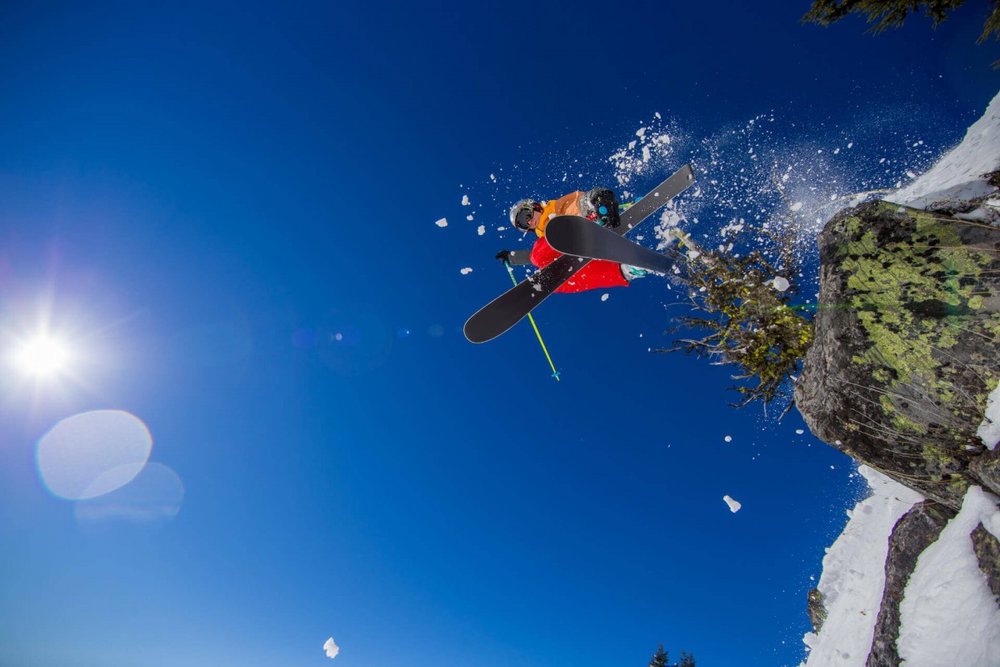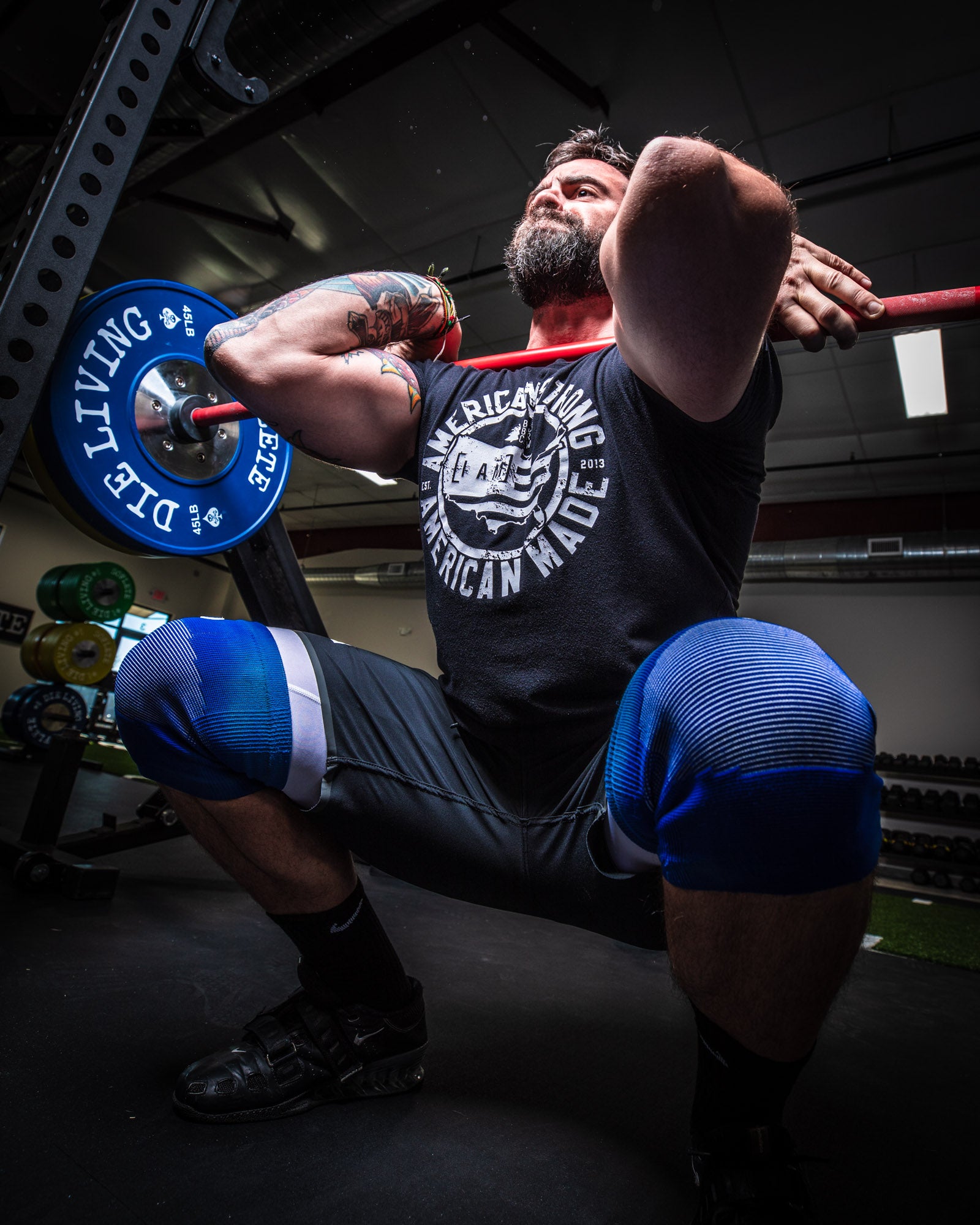Wish you were here?
Did you exchange, a walk on part in a war, for a lead role in a cage. (with apologies to Pink Floyd)
I spent 25 years in the British Army. 29 years ago today we declared victory in my first war. My last ‘campaign’, Afghanistan in 2011, rumbles on with victory and defeat no longer part of the lexicon. From the confusing sectarian hate of Northern Ireland, to the brutality of the Balkans, and onwards to recent deserts, I had better times than many and worse times than some. I was an EOD operator for a good chunk of that time. EOD meant a life involving various explosives, robots, helicopters, deadly threats, speeding through traffic, and leaving with peace restored (if only for a moment). It was also massively satisfying, even as a dull and downtrodden staff officer writing EOD policy in my later years.

Now I’m six years a civilian. I enjoy being at home; able to choose when I am uncomfortable and planning next year without worrying about what might happen with a failing state/ resurgent regional power/ crazed idiot with a bomb, et cetera. I can reliably tell my family I will be around for things and don’t need to worry that another holiday will be ruined by duty. But here’s the rub: life in the military was Technicolor and widescreen. In contrast, being a civvie seems a tiny bit dull and unfulfilling and I’m struggling to work out how to replace the things fundamental to a life of service with all its fun, fear, travel, hilarity and confusion. It’s not about no longer risking my life (although that made me feel alive). It’s not about not having a higher purpose (although that is good for the self-worth). Those things are certainly part of the all-enveloping nature of the life I Ieft behind when I left the service but, though it may be trite, what I miss are the people.
Being in an organisation where there are near Olympic skiers, 11-hour Ironman competitors, and classically trained concert pianists who are also doctors makes for a vibrant life. As a Lieutenant Colonel, I was lucky enough to lead a team with all of these people. On top of that I had a sub-unit commander who read German newspapers (and even laughed in German) and a junior Captain who was genuinely as brave as a lion under fire. Even then, they weren’t the best of the bunch.
I had young soldiers, 110 Lbs soaking wet, who every year, volunteered as novices to get in a boxing ring and fight their mates, so their sub-unit could swagger in front of others. Nothing like blood lust to build a team – although I’ve never read about it on LinkedIn.

I had Fijians who sang like angels in a choir, hunted like jackals on a rugby pitch, and fought too much after a beer. But you couldn’t dislike them – they were doing everything at 100% and would embrace the punishment 100% too. With a smile.
I had young females who joined the Army from a really crappy situation and had no idea just how far they had already come. Seeing them develop and grow into leaders and mentors to new joiners was a great privilege. And for those who think women can’t hack ‘combat’, drop me an email, I’ll put you in touch. Wear a gum shield (mouth guard for American readers).
I knew I was responsible for everything they all did, and loved them, although they might have thought I didn’t when I pushed them, frowned at them, and was sparing with praise.
As a sub- unit commander I challenged and trained and tested them. No comfort zone. New skills, imbued them with a meaning and pride before we went to Iraq. We were tight and ready for what came – and in the hot, deadly summer of 2007 they amazed me with their courage and professionalism. And their ability to make me laugh. One of my blokes used to dismount his vehicle with a back flip. One day he was in the hospital with a dislocated shoulder ‘because he took cover too fast Sir’. When I asked him if he did it as a result of a bad dismount he smiled shyly and said ‘don’t fucking send me home Sir.’ I didn’t – but I warned him I’d shoot him myself if he kept up his amateur gymnastics.

On a different day I visited the hospital with my Sergeant Major to see a young man injured out on a task. He was going to be fine but had some cuts and scrapes and an injured back. While chatting to him, there was what is known in the trade as a ‘fucking great bang’ as a rocket hit the tented hospital. Instinct kicked in and I found myself on the floor next to my Sergeant Major. The laughter from the bed now above me made me realise that I left my injured soldier on his bed. Standing up, we carried on chatting while he ripped the mickey out of us as cowards. Amazing and humbling.
With all the smiles, of course, go painful memories. Funerals of friends, soldiers damaged mentally and physically by what they did and the heavy toll on relationships. In one month I had to tell four wives they had been widowed. That stays.
Dealing with death is also done in a way that only the military can. Not shyly or with false modesty, but full on. We lost a good man in a parachuting accident. We mourned him, regrouped, and got back to training. Some weeks later we had the EOD teams for an American Special Mission Unit over to cross train. While sitting in a pub in England, one of our team asked where Mike (an American we knew who had not turned up) was? Clearly uncomfortable, the US team leader explained that Mike had been hurt in a parachute accident but they hadn’t wanted to mention it because of what happened to our pal. Our dead man’s best friend spoke up, “Hurt? That’s typical of weak Yanks - when we have an accident we die.” Ice broken.
The fears, the victories, the tragedy, the cheering your football team on in the teeming rain, the late nights drinking in too tight woollen uniforms are all gone – but they shaped me and maybe spoiled me. My expectations might be dialled too high. As I said, I now choose my dangers and discomforts – and that makes them perversely less real. My colleagues are great people – but the endeavour isn’t vital and so we don’t shine as a team.
So what? Now my walk on part has ended, I’m still adjusting to my cage.
I don’t know what comes next – I keep in touch with many and still love them (mostly). I reach out to guys who put downbeat stuff on Facebook. I’ve and sat and cried with people struggling to adjust. I love the life I have and am outwardly successful and settled. I sleep through the night, I’m generally good company, and don’t have an operator beard or wear t-shirts with flags on them.
But at the back of my mind, all the time, is that nagging doubt – that little voice that reminds me that, once upon a time, we were someone else.
David Poole joined the British Army as a Private soldier in 1988. Over too many years he went to 62 countries for work and play, including a few untidy punch ups, and ended up selected for Colonel. In the meantime he did some bomb disposal and logistics. With jobs from burning diesel and poo to working on strategic plans he’s seen enough of all of it and is now working as a ‘consultant’ - selling his soul for money while fantasizing about canoeing into the sunset.





Leave a comment
This site is protected by reCAPTCHA and the Google Privacy Policy and Terms of Service apply.